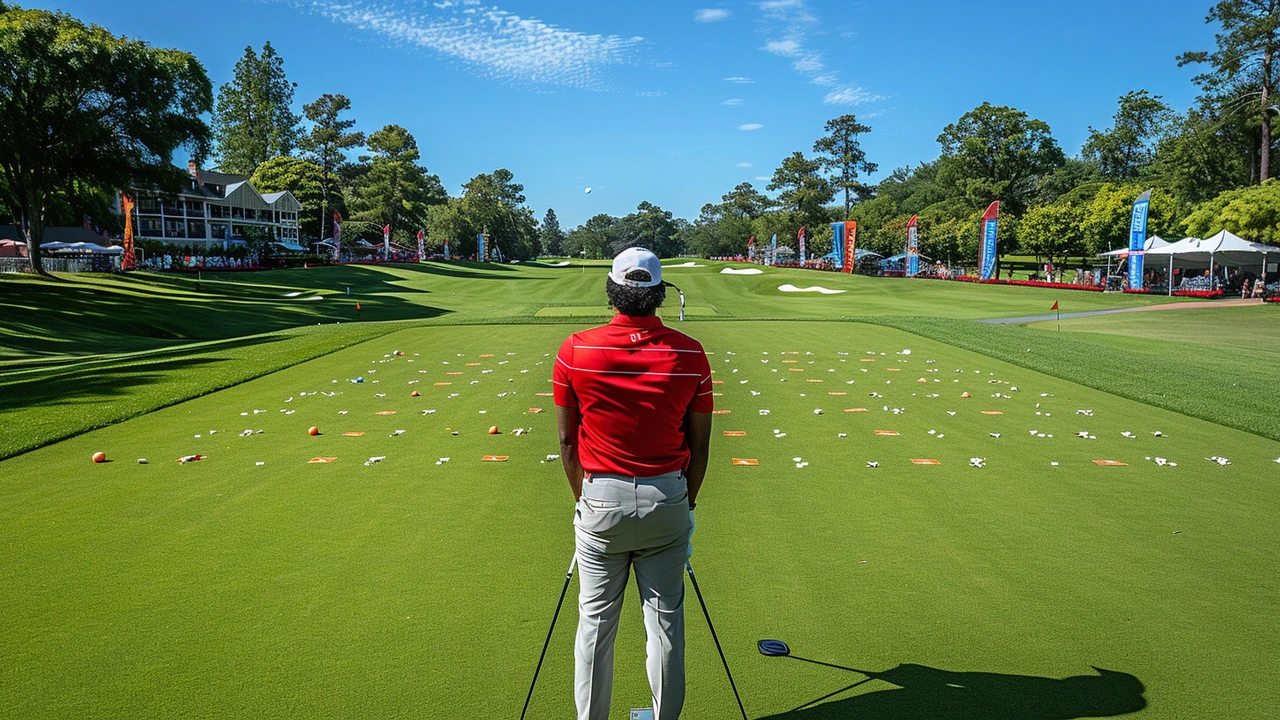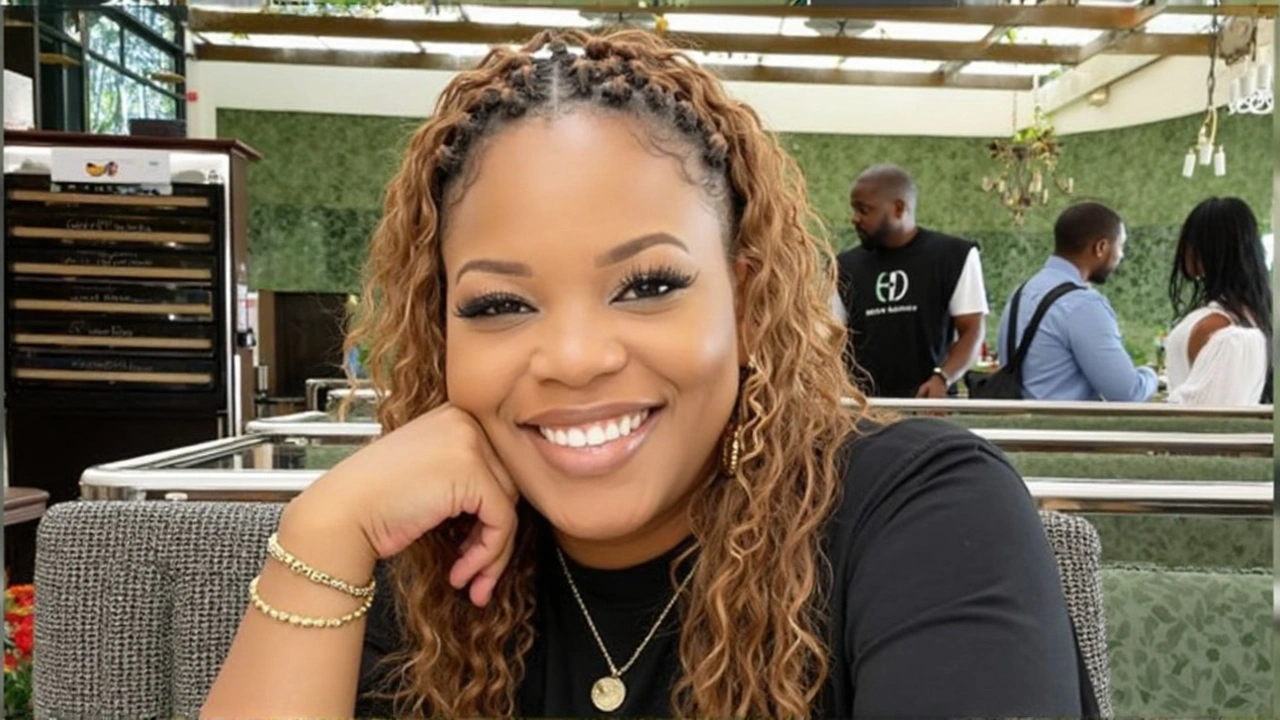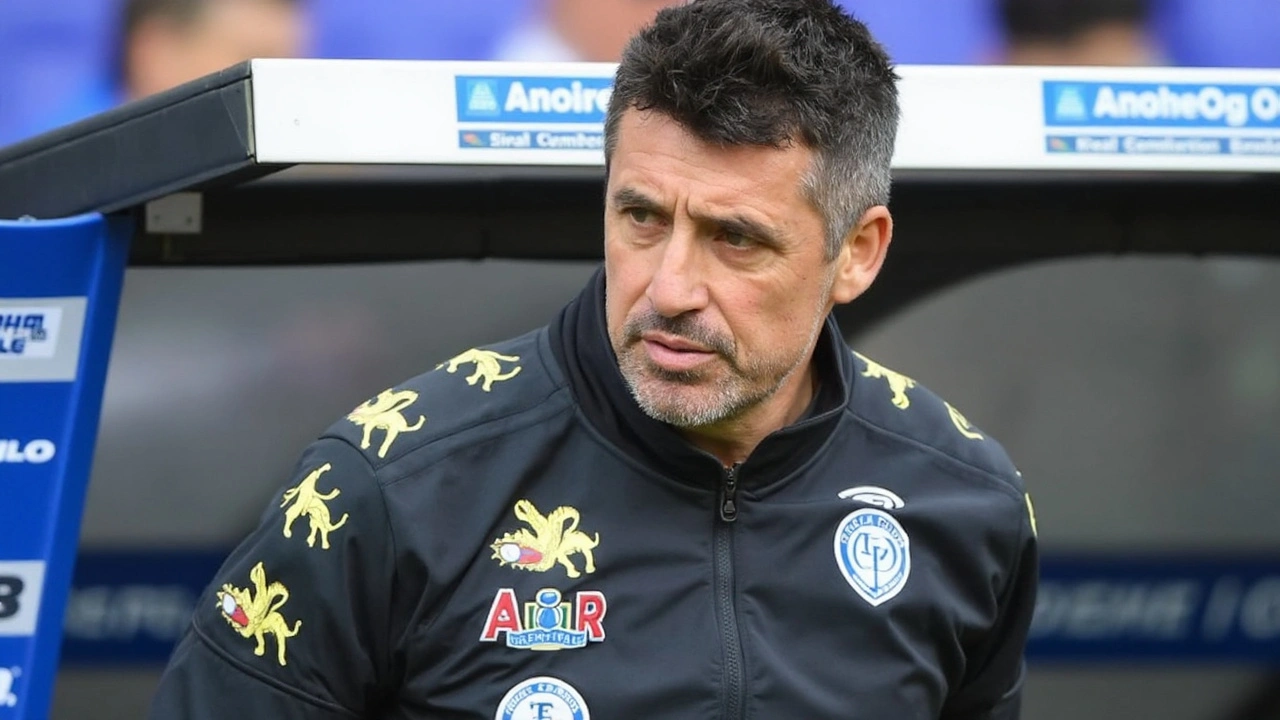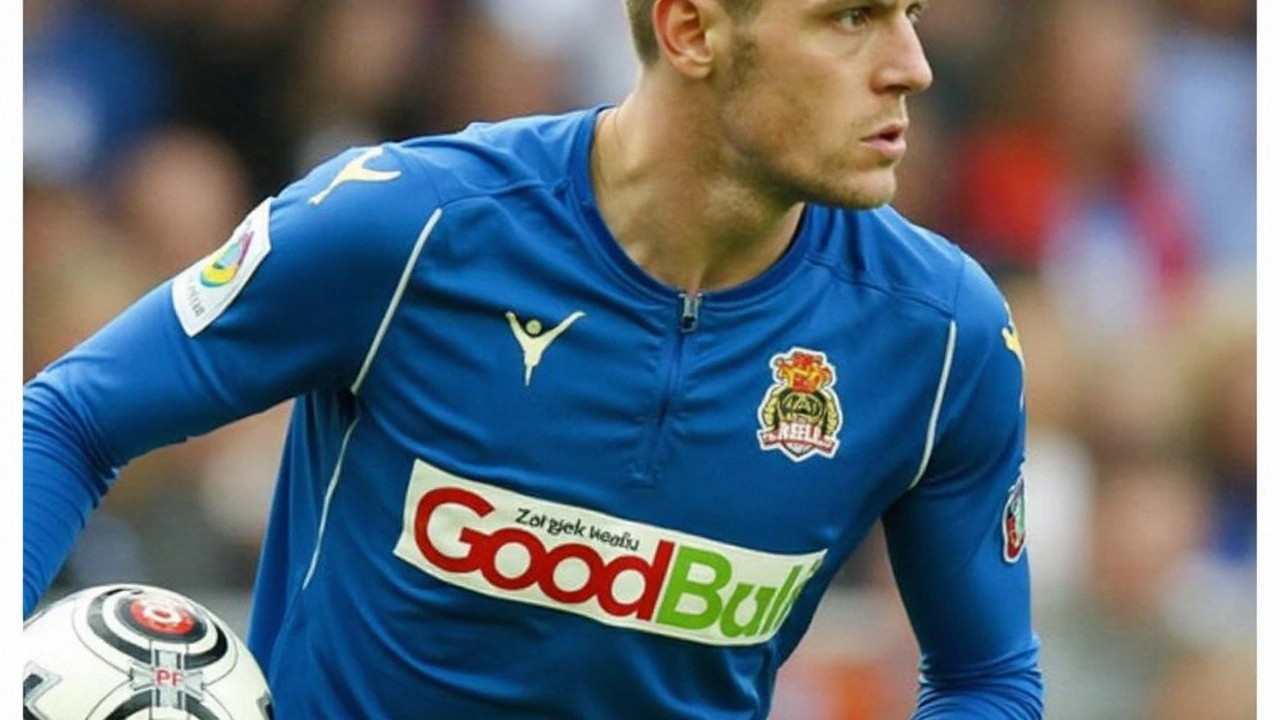Grayson Murray's Tragic Death Prompts Mental Health Awareness in Golf Community
The golf community is reeling in the aftermath of the tragic death of Grayson Murray, a two-time PGA Tour winner from Raleigh. Murray, who had long struggled with depression, anxiety, and alcoholism, died by suicide in Texas. This heartbreaking event has sent shockwaves through the tightly-knit circle of professional golfers, prompting many to reflect on their own mental health struggles and the pressures they face.
The Battle with Mental Health
Murray’s personal battle was well known within the community. Born in Raleigh, the PGA Tour winner often showcased his talent and sheer determination on the greens. Yet, behind the scenes, Murray dealt with the invisible wounds of mental health issues. His struggles with depression and anxiety were compounded by alcoholism, a common yet often overlooked issue among professional athletes.
Further shedding light on the ordeal, Charles Penny, a fellow North Carolina golfer and director of player development for First Tee – Central Carolina, came forward with his own experiences with mental health. Diagnosed with mild depression, Penny emphasized how crucial self-reflection and seeking help are in navigating the complexities of emotional and psychological well-being.

Golf: A Double-Edged Sword
Golf is a sport that demands intense concentration, patience, and endurance. It is often perceived as a therapeutic escape from the chaos of everyday life. However, for professionals like Murray and Penny, golf can be a double-edged sword. On one hand, it provides a sense of achievement and calm. On the other, the pressures of competition, the relentless quest for perfection, and the highly publicized nature of the sport can exacerbate existing mental health issues.
Charles Penny underscored this duality, explaining how golf's unique pressures can hide beneath its ostensibly serene surface. He pointed out that while hitting the ranges might seem like a great stress reliever, the constant need to perform can significantly strain athletes. These internal and external pressures sometimes become overwhelming, leading players to feel isolated despite being in the public eye.
Promoting Kindness and Understanding
In the wake of Murray’s passing, many within the golf community are amplifying the call for kindness and understanding. Penny highlighted how simple gestures and expressions of support can make a significant difference. Given the isolating nature of depression and anxiety, small acts of kindness can act as vital lifelines, reminding individuals that they are not alone in their struggles.
A focus on empathy and support is emerging as a cornerstone of the conversation. By creating an environment where mental health issues are openly discussed and supported, golfers hope to mitigate the stigma associated with seeking help. This shift in perspective is essential not just for those directly affected, but for the community as a whole.

Towards a More Supportive Community
The loss of Grayson Murray has highlighted a pressing issue in professional sports – the need for comprehensive mental health support systems. Many organizations within the golfing community are already taking steps to address this need. Initiatives such as First Tee have long been committed to supporting young golfers, and discussions are underway about expanding these programs to include more robust mental health resources.
Furthermore, golfers are calling for more accessible and consistent mental health support both on and off the course. This includes providing avenues for athletes to seek counseling, fostering peer support networks, and encouraging a culture where talking about mental health is normalized rather than stigmatized.
Reflecting on Murray's Legacy
While the golf community mourns the loss of a talented and respected player, it is also using this moment to galvanize change. Murray's legacy now carries a profound message about the importance of mental health care and the need for a compassionate, understanding approach towards those struggling with their mental well-being.
Reflecting on the impact of his death, players and fans alike are reminded of the importance of checking in on one another. Whether it's a conversation on the greens, a shared moment of vulnerability, or a show of genuine concern, everyone has a role to play in fostering a supportive community.

Conclusion
Grayson Murray’s death serves as a stark reminder of the hidden struggles that many athletes endure. It has ignited an awareness and urgency within the golf community to address mental health more proactively and compassionately. From fellow golfers to fans, the call to action is clear: prioritize mental health, promote kindness, and create a supportive environment for everyone involved. In honoring Murray’s legacy, the golfing world is taking significant steps towards becoming not just a community of champions, but a community of understanding and support.





